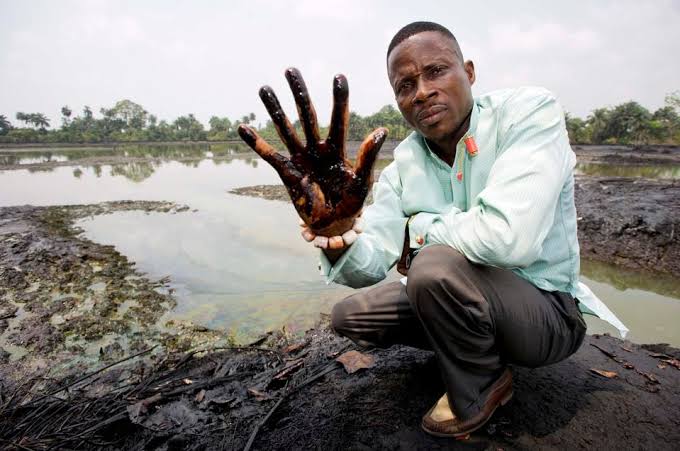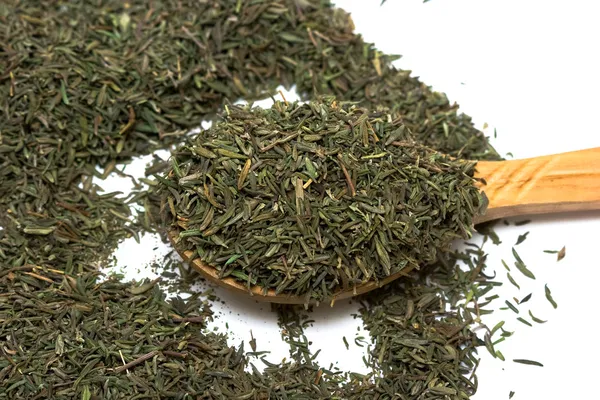Oil spills occur when crude oil or its products (petrol, kerosene), escape from where they have been contained, such as pipeline or oil well, into the environment.
This usually occurs by accident or by acts of sabotage. Oil spills are a serious environmental concern, due to the effect it has on everything in the environment, from trees to animals, and even humans.
In Nigeria, oil spills are a major occurrence, particularly in the Niger Delta region of the country, where crude oil is gotten from. In some communities in that region, large areas of land and water have been laid to waste due to oil spills.
A year ago, the people of Nembe, Bayelsa State, witnessed an oil spill that lasted well over a month, before the leak was stopped. An estimated 240,000 barrels of crude oil are spilled in the Niger delta annually.
These oil spills have, to a large extent, have contributed to the poverty that currently exists in many ‘oil-rich’ communities in the region. Acres of farmlands have been rendered barren as the soil has been badly contaminated. Rivers and streams have been polluted and made unsafe for aquatic life. Oil spills have badly affected the lives of people who are predominantly farmers and fishermen.
Oil spills are an environmental hazard. The damages caused by oil spills, on land and water, can take a very long time to reverse. It also makes such areas very volatile, as a tiny spark can set off an explosion. But another aspect that is so concerning is the health effects of oil spills. People who live in areas where oil spills occur are exposed to things that could affect their health.
In today’s post, we would be looking at some of the notable health effects of oil spills.
1. It Makes Breathing Difficult
People who are exposed to oil spills may find it increasingly difficult to breathe. This is because the air around the area would have been contaminated by the stench of crude oil. The stench alone is one thing to worry about, but there is also the volatile compounds that are emitted into the air from the spill. These compounds, when inhaled, can lead to various respiratory conditions, like bronchitis, chronic rhinosinusitis and so on.
2. It Increases The Risks Of Cancer
Being exposed to oil spills could also increase one’s risk of having cancer. While the study on this is not exactly definite, people who have been exposed to oil spills, including rig workers, have been seen to have a higher chance of getting having cancer, including lung cancer, skin cancer, and prostate cancer.
3. Skin Problems
Coming in direct contact with oil spills could also lead to various skin problems, including rashes, blisters, skin injuries and more. Other similar health effects of oil spills include eye sores, and redness.
4. Chronic Cough
People who are exposed to oil spills may also experience chronic cough and other related conditions.
5. Lung Problems
The lungs of those who have been exposed to oil spills would be badly damaged, due to the inhalation of toxic gases emitted by the spills. This could increase the risk of lung cancer and other issues that could affect the lungs. Many oil workers often experience chronic rhinosinusitis and issues with the airway as an aftereffect of oil spills.
One study confirmed that oil spills in the Niger delta region can have acute and long-term effects on human health. The study noted that oil spills could lead to a 60% reduction in food supply by reducing the ascorbic acid content of vegetables, and crude protein content of cassava. These could result in a 24% increase in the prevalence of childhood malnutrition.
Some other short-term health effects of oil spills include: Memory loss, dizziness, headache, chest pain, nausea and vomiting. Some long-term health effects of oil spills include low platelet counts in the blood, heart problems, liver problems, and reduced immune system strength.
ALSO READ:
- 4 Ways To Improve Environmental Health In Nigeria
- What Are The Health Effects of Soot?
- 6 Unknown Health Effects of Air Pollution in Nigeria
- The Health Effects of E-waste in Nigeria
- The Effects of Quackery in the Nigerian Health Sector
Collins Nwokolo is a human physiologist, writer and health enthusiast. He loves writing helpful articles on health and fitness, which he enjoys sharing with everyone.








